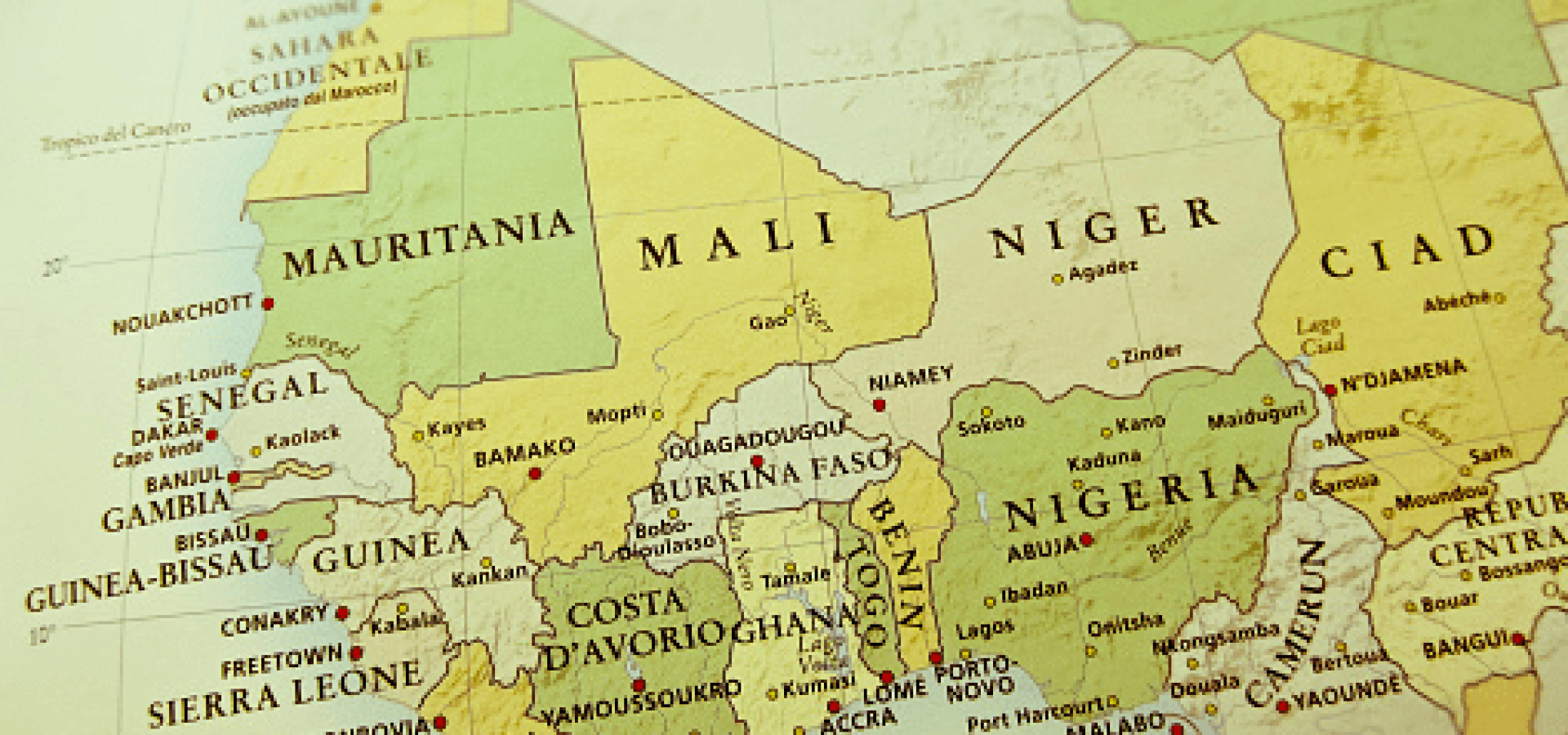As COP28 unfolds, the African continent grapples with the multifaceted challenges of climate change. Nancy Githaiga, Country Director of the African Wildlife Foundation, highlights Africa’s achievements, particularly the groundbreaking agreement on the loss and damage fund—a pivotal step forward. This article explores the progress of the most developed African countries, examining their roles in mitigating climate change and driving the continent towards sustainability.
Green Africa: Unique Position
Africa is central to global discussions on climate justice and responsibility. Githaiga points out the continent’s duty to transition to a low-carbon future. As both a victim and potential solution to climate change, biodiversity underscores Africa’s unique position. By 2050, with a quarter of the world’s population, Africa’s youth and markets offer immense potential for innovation. Githaiga advocates for a global shift towards green energy, crucial for Africa and the world, to promote sustainable development through renewable energies.
Challenges and Opportunities: A Closer Look at Kenya and the DRC
A World Bank report predicts significant economic losses for Kenya by 2050 due to climate change. With limited resources, Kenya aims for sustainable development, balancing environmental responsibility with market competitiveness. In the Democratic Republic of Congo (DRC), economic challenges loom large in President Felix Tshisekedi’s re-election campaign, with rising unemployment and inflation hindering sustained development.
In conclusion, COP28 highlights Africa’s role in climate change, showcasing both contributions and challenges. The most developed African countries, navigating unique economic and environmental hurdles, offer opportunities for global collaboration and sustainable growth. A shared responsibility for a green Africa ties these countries and the international community together, acknowledging their progress.









COMMENTS